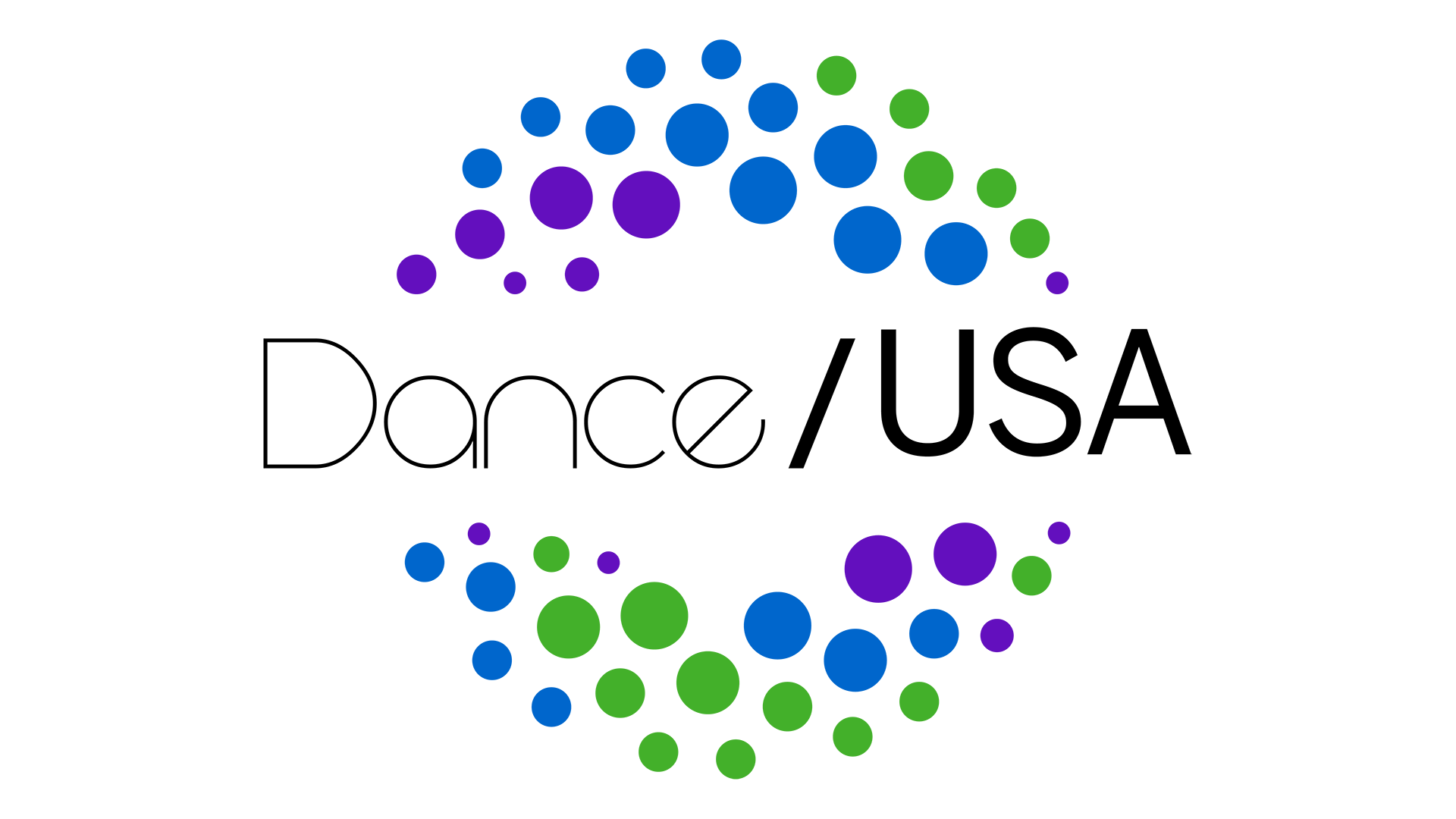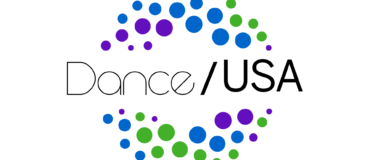By Jennifer Edwards with Sydney Skybetter
Editor’s note: The Edwards and Skybetter | Change Agency recently released a report titled, “Organizational Development and Peer Group Learning: Through the Lens of Trey McIntyre Project.” (Download the full report here.) This document is the outcome of a gathering that occurred in the fall of 2012, and which began a continuing project focused on peer-group problem solving and leadership development in the arts and cultural sector.
On November 16, 2012, a group of thought leaders concerned for the future of dance, the arts, and culture convened in the conference room of the Doris Duke Charitable Foundation to examine the business and behavioral models of Trey McIntyre Project (TMP), based in Boise, Idaho. The intention of this event, which was jointly sponsored by the Doris Duke Charitable Foundation and The Jerome Robbins Foundation, was to identify smart practices that could be applied by other arts organizations. John Michael Schert (then executive director and co-founder of TMP) as well as several TMP board members, including the founding board chairperson, spoke extensively, facilitated by Tim Cynova, deputy director at Fractured Atlas, and Jennifer Edwards of The Edwards & Skybetter | Change Agency.
While we began by asking, “How can the TMP business model be replicated?” It soon became clear that for the conversation to be truly impactful, we needed to adjust our mindset and ask a entirely different setcohort of questions. As many others have elegantly pointed out, we need not to concern ourselves with how to duplicate a single, essential, and all-encompassing “model.” Rather, we could derive inspiration from specific TMP tactics, and focus on formulating philosophic and strategic approaches to problem solving. If part of TMP’s success was due to their ability to respond uniquely to challenges as they arose, then surely assisting organizations’ development of their own unique, adaptive capacities is a worthwhile endeavor. This notion of organizational uniqueness, and an organization’s “authentic” understanding of that uniqueness, has been top of mind as we continue to reframe and refine questions about the future of the field.
Over the past year, The Change Agency has worked in partnership with The Jerome Robbins Foundation to conduct numerous gatherings, along with an annual symposium in New York City. Our focus has shifted markedly from finding new models and solutions to facilitating peer group learning opportunities. We have found a great interest in this approach, and hope other regions and art forms will consider the practice of peer group learning as well. Below are several key points, along with resources, that we are finding most helpful to keep in mind.
No New Models [or, Flux as Non-Model Model]
While some leaders in the arts have called for the next/new business model, leaders in several highly performing corporations have identified that building a portfolio of short-term strategies best suits a company’s need in a swiftly changing environment. In a recent article in the Harvard Business Review, “In a world where a competitive advantage often evaporates in less than a year, companies can’t afford to spend months at a time crafting a single long-term strategy. To stay ahead, they need to constantly start new strategic initiatives, building and exploiting many transient competitive advantages at once.” — Rita Gunther McGrath Rita Gunther McGrath writes, “In a world where a competitive advantage often evaporates in less than a year, companies can’t afford to spend months at a time crafting a single long-term strategy. To stay ahead, they need to constantly start new strategic initiatives, building and exploiting many transient competitive advantages at once.”It is exceedingly rare that arts organizations have the capacity to create and test multiple strategies at once. However, if individual organizations within a cohort group were willing to try something new and report back to the collective, and to the public, each organization would leverage collective learning and implement strategies most useful per their unique challenges. This type of thinking is the topic of a recently released book titled, Wise Beyond Your Field: How Creative Leaders Out Innovate to Out Perform, co-authored by Boise State University professor Nancy Napier and a group of Boise-based business leaders, notably including John Michael Schert.
Collaboration, Not Competition
The art world is too small to have competition among administrative teams, either from different organizations or within organizations. We need multiple thriving arts organizations in each community to grow a healthy arts market overall. Don’t be afraid to share thoughts with, and learn from, all parts of your extended team, including funders, board members, local government officials, audience members, staff, and dancers. Each group meeting we have convened has been different from the others, and with each conversation a new level of inter-institutional understanding is reached. We have witnessed funders achieve deeper understanding of union struggles, modern dance companies learn about ballet company models and vice versa, and lobbyists share how to apply local learning to the national level. We are at the beginning of a long process of breaking through the fear to share knowledge, but already have heard from countless people of the importance and positive consequences of such an undertaking.
So far, the key ingredient in both facilitating these convenings and in building strong organizations is authenticity — people and companies who want to know who they are, are willing to explore who and how they serve, and who can be present while actively listening, seem to fare best in both this economy as well as in group learning environments.
Who’s at Your Table?
Boise State professor Nancy Napier, in a recent phone conversation, shared what she sees as essential characteristics for members in a fruitful cohort. “They must be voracious learners, with their egos in check.” (This notably applies to the facilitators as well.) Everyone at the table must show up with a willingness to be effected, to change their view, to throw out the agenda if the wrong set of questions have been posed, and to let go of preconceived solutions to problems. It’s important to own one’s own knowledge, while acknowledging that you may only hold a piece to a greater understanding of your community, identity, and field. We urge you to invite people from all sectors of your various communities, and trust that active participants will self-select topics to work on — or even decide this approach isn’t right for them. You will be left with exactly the right people, and can always ask others to join later.
While project-specific group learning, like Dance/USA’s own Engaging Dance Audiences initiative, are creating opportunities for companies to learn from each other about individual programs, we are suggesting that companies need time and space to talk broadly about any and every aspect of the business of running a company. As performers know, authentic expression is revealed most often in front of others. Cultivating the understanding of oneself, one’s organization, one’s identity and purpose within a given community is impossible in isolation. If the arts are a pursuit built on the foundation of collective creativity, then we surely have much to teach, and still more to learn, from our teaching and learning together.
 Jennifer Edwards is an organizational development consultant, choreographer, stress management specialist and speaker. She is the founder of JenEd Productions as well as a founding partner at Edwards and Skybetter | Change Agency. Current creative projects include: Grounded — a stress management app for the iPhone and forthcoming book, Visiting Hours — a dance and spoken word performance piece and Expatriate — a play by Lenelle Moïse for which Jennifer is the choreographer. She is also a regular contributor to the Huffington Post and has been published in many media outlets ranging from Dance Magazine to Forbes. In the spring of 2013, Edwards was a guest professor at Skidmore College, and regularly leads classes and workshops on the topics of arts and entrepreneurship, embodying your brand, and managing stress for personal and organizational development.
Jennifer Edwards is an organizational development consultant, choreographer, stress management specialist and speaker. She is the founder of JenEd Productions as well as a founding partner at Edwards and Skybetter | Change Agency. Current creative projects include: Grounded — a stress management app for the iPhone and forthcoming book, Visiting Hours — a dance and spoken word performance piece and Expatriate — a play by Lenelle Moïse for which Jennifer is the choreographer. She is also a regular contributor to the Huffington Post and has been published in many media outlets ranging from Dance Magazine to Forbes. In the spring of 2013, Edwards was a guest professor at Skidmore College, and regularly leads classes and workshops on the topics of arts and entrepreneurship, embodying your brand, and managing stress for personal and organizational development.
 Sydney Skybetter is a technologist, choreographer, and speaker based in Providence, R.I. Sydney has consulted for many blue-chip companies – The National Ballet of Canada, the DBNA Group, Sterling Publishing / Barnes & Noble among illustrious others – and lectures on everything from dance history to technology to why you shouldn’t be an idiot on the Internet. He has been brought in to speak by the Lower Manhattan Cultural Council, New York University, Juilliard, Dance/USA, and Opera America, among others, and is the co-host of #SKYNOVA, an Internet TV show that features culture warriors in their native habitats. He’s also the artistic director of the dance company, skybetter and associates, was the founding chairman of the Technology Committee for the National Performing Arts Convention, and serves as the founding chairman of the Technology Committee on the Board of Trustees of Dance/USA. www.edwardsandskybetter.com
Sydney Skybetter is a technologist, choreographer, and speaker based in Providence, R.I. Sydney has consulted for many blue-chip companies – The National Ballet of Canada, the DBNA Group, Sterling Publishing / Barnes & Noble among illustrious others – and lectures on everything from dance history to technology to why you shouldn’t be an idiot on the Internet. He has been brought in to speak by the Lower Manhattan Cultural Council, New York University, Juilliard, Dance/USA, and Opera America, among others, and is the co-host of #SKYNOVA, an Internet TV show that features culture warriors in their native habitats. He’s also the artistic director of the dance company, skybetter and associates, was the founding chairman of the Technology Committee for the National Performing Arts Convention, and serves as the founding chairman of the Technology Committee on the Board of Trustees of Dance/USA. www.edwardsandskybetter.com
____
We accept submissions on topics relevant to the field: advocacy, artistic issues, arts policy, community building, development, employment, engagement, touring, and other topics that deal with the business of dance. We cannot publish criticism, single-company season announcements, and single-company or single artist profiles. Additionally, we welcome feedback on articles. If you have a topic that you would like to see addressed or feedback, please contact communications@danceusa.org.
Disclaimer: Opinions expressed in guest posts do not necessarily represent the viewpoints of Dance/USA.


